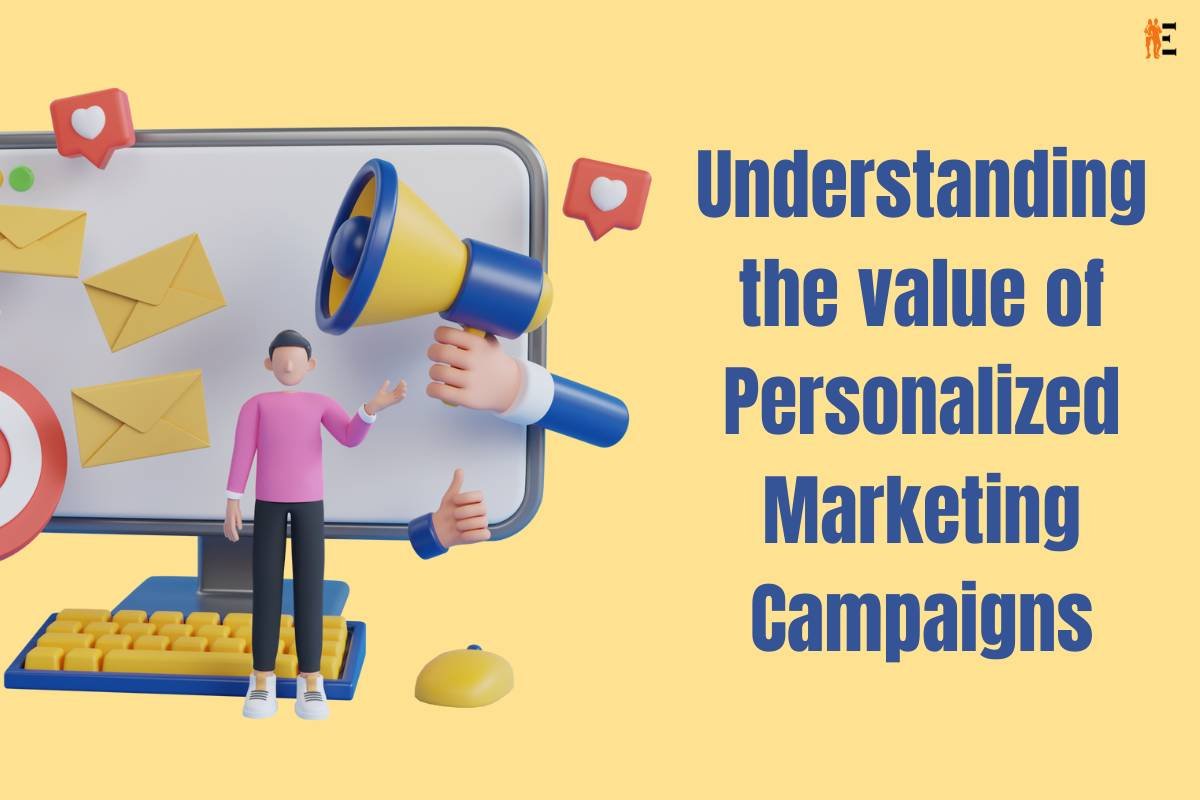Even if a variety of options exist in the market to communicate, emailing remains on the top. To pitch the product to clients, share newsletters and solve the clients’ or customers’ doubts, email is the best and most accepted means. All business owners work hard to market their products and want to adopt the best results too. Business owners find various ways to find different campaigns and adopt email strategies. From big brands to small businesses, all have adopted email marketing strategies to reach their target audience. It helps to build relationships with customers and they feel important, valued, and remember the brand.
With billions of emails set every day to a brand’s target group, organizations strive to make the emails attention-grabbing and interesting for the reader. All business owners are into accepting email marketing strategies and getting leads via the same.
The Entrepreneur Review is more than delighted to walk you through 10 effective email marketing strategies for small businesses:
1. Personalization: The Key to Captivating Prospects

Email marketing strategies thrive on personalization. By addressing recipients by their names and tailoring content to their preferences and behaviors, businesses can create a more intimate and engaging connection. Personalization demonstrates a brand’s commitment to understanding its audience and their needs, making prospects more receptive to the messages they receive.
2. Compelling Subject Lines: A Gateway to Attention
In the realm of email marketing strategies, subject lines are the gatekeepers of attention. A well-crafted subject line entices recipients to open the email and explore its contents. By evoking curiosity, and urgency, or offering value upfront, small businesses can cut through the clutter of crowded inboxes and ensure their messages stand out.
3. Storytelling Through Email Templates: Crafting Brand Narratives

Email templates are a canvas for storytelling, allowing small businesses to communicate their brand’s story effectively. By weaving narratives into their email content, brands can create emotional connections with recipients. These stories help humanize the brand, making it relatable and memorable in the eyes of prospects. The Entrepreneur Review supports these types of strategies as the templates are enticing and a visual treat for the viewers. It gets them curious about the brand and they visit the website to have a look at the brand.
4. Revenue Generation through Email Templates
Email marketing strategies extend beyond just communication; they are revenue-generating machines when executed correctly. Small businesses can use well-designed email templates to showcase products, promote special offers, and highlight exclusive deals. By integrating compelling visuals and persuasive copy, businesses can drive recipients to make purchases, thereby contributing to revenue growth.
5. Relationship Building: A Virtuous Cycle
Email marketing strategies are more than transactional interactions; they are a means to build and nurture relationships. Consistent communication, valuable content, and personalized offers create a bond between the brand and the audience. By demonstrating genuine interest in their audience’s well-being, small businesses lay the foundation for lasting and meaningful connections.
6. Nurturing Existing Customers: The Power of Retention
Email marketing strategies extend beyond prospecting; they play a pivotal role in retaining existing customers. Regular communication with valuable insights, product updates, and exclusive offers keeps customers engaged and invested in the brand. By nurturing their existing customer base, small businesses ensure repeat business and foster loyalty.
7. Generating Repeat Customers: The Continuous Loop

Effective email marketing strategies act as a catalyst for generating repeat customers. By providing exceptional value through timely and relevant content, small businesses can establish themselves as trusted advisors in their customers’ lives. This trust paves the way for customers to return for future purchases, forming a continuous loop of business growth.
8. Innovative Strategies for Driving Sales
The landscape of email marketing strategies is constantly evolving, and small businesses are harnessing innovation to drive sales. Interactive content such as polls, quizzes, and countdown timers create engagement and urgency, compelling recipients to take action. Videos and GIFs offer a dynamic and engaging way to showcase products and services, capturing attention and leaving a lasting impression.
9. Segmenting for Success: Targeted Messaging
Segmentation is a cornerstone of effective email marketing strategies. By categorizing recipients based on their preferences, behavior, and demographics, small businesses can deliver highly targeted messages. This level of personalization enhances the relevance of the content, increasing the likelihood of engagement and conversion.
10. Automation: Efficiency and Consistency
Automation is the backbone of successful email marketing strategies for small businesses. Automated workflows allow brands to send timely messages triggered by specific actions, ensuring consistency in communication. Whether it’s a welcome series for new subscribers or abandoned cart reminders, automation streamlines operations and maximizes efficiency.
The Entrepreneur Review will help you understand the advantages of Email Marketing:
1. Unparalleled Reach and Accessibility
One of the most significant advantages of email marketing is its unparalleled reach. With billions of active email users worldwide, businesses can communicate their message to a vast and diverse audience with just a few clicks. Whether targeting local customers or international prospects, email marketing bridges geographical barriers and ensures that your message lands directly in your audience’s inbox.
2. Personalization for Enhanced Engagement
Gone are the days of one-size-fits-all marketing. Email marketing allows businesses to tailor messages based on individual preferences, behaviors, and purchase histories. Personalization fosters a deeper connection with recipients, making them more likely to engage with the content and take desired actions. By addressing each recipient by name and offering content that resonates, businesses can create more meaningful and impactful communication.
3. Cost-Effective Marketing Solution
In a world where marketing budgets often determine the scope of campaigns, email marketing stands out as a cost-effective solution. With minimal overhead costs and no postage fees, businesses can deliver messages to a wide audience without breaking the bank. Email marketing platforms offer a range of pricing options, making it accessible to businesses of all sizes, from startups to established enterprises.
Conclusion:
In conclusion, email marketing strategies have emerged as an indispensable tool for small businesses seeking to make a significant impact on their audience. From personalized messaging to revenue generation through well-crafted email templates, these strategies lay the groundwork for building strong relationships and driving sustained growth. By nurturing prospects, engaging existing customers, and employing innovative techniques, small businesses can harness the power of email marketing to stand out in a competitive landscape. As showcased in The Entrepreneur Review, the future of email marketing strategies holds limitless potential for brands aiming to captivate, convert, and cultivate a loyal audience.











